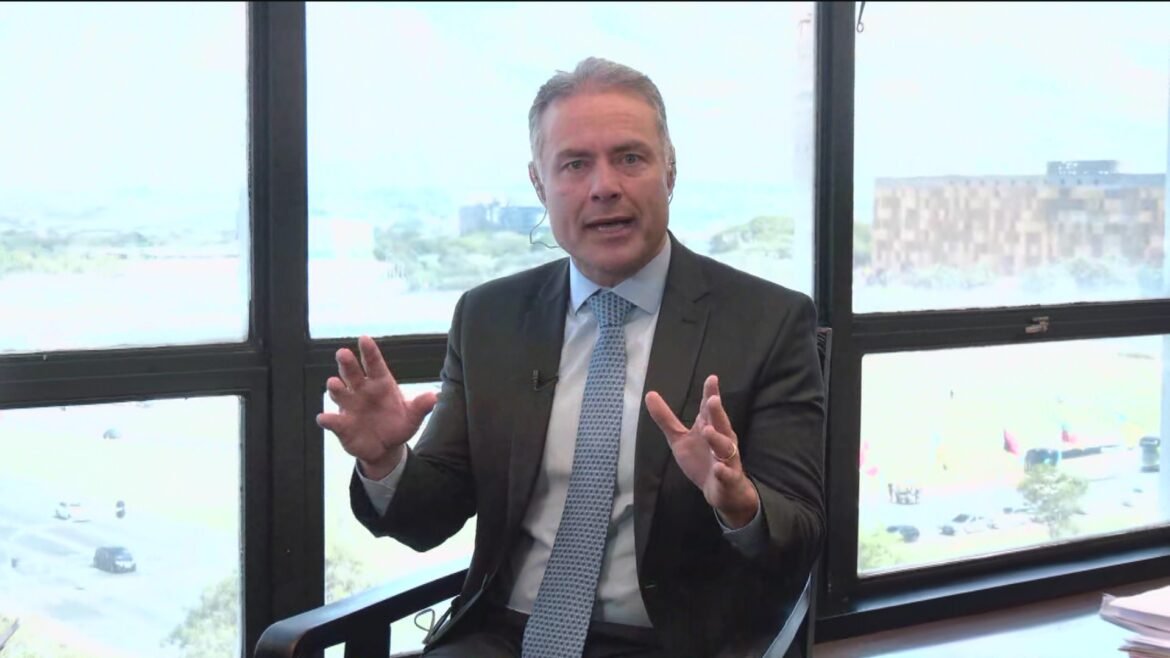The federal government recently announced a set of measures to make the issuance of the National Driving License (CNH) more accessible and faster. The Minister of Transport, Renan Filho, explained in an interview with BandNews TV that the objective is to reduce the cost of the document by up to 70% and simplify processes considered long and bureaucratic.
According to the minister, the current model for issuing a driver’s license is expensive and takes months. To obtain a type A and B license, which allows you to drive a motorcycle and car, the citizen needs to complete 45 hours of theoretical classes, 20 hours of practice for a car and 20 hours of practice for a motorcycle. “There are a minimum of 85 hours. Those who have 2 hours a day will take more than 40 days to complete these classes. In total, the issuance can take more than nine months, especially in the interior, where there are few driving schools and Detran units”, he explained.
Currently, according to data presented by the minister, 20 million Brazilians drive without a driver’s license, a number that rises to up to 70% among motorcycle owners in some states. “This model has failed. We need to include these people in the formal traffic system, ensuring learning and maintaining theoretical and practical tests”, stated Renan. He highlighted that the theoretical test will continue to cover traffic legislation, license plates, the environment and information about vehicles, while the practical test verifies the driver’s driving ability.
The government also intends to make the minimum required class hours more flexible. Each citizen will be able to decide how many classes they will take, according to their needs and financial resources. “Those who have little money will be able to hire only essential classes and learn enough to pass the test. The fewer hours, the cheaper the license, because payment is made per class hour”, he detailed. Currently, the average class hour costs R$70, which means R$1,400 just for 20 hours of practice, not counting fees and exams.
Collection of fees and driving school packages
Renan Filho explained that the federal government also intends to address state costs. “Citizens today buy a combo that mixes Detran fees, driving school and exams, without knowing exactly what they are paying. Let’s separate the amounts, allowing them to know who to charge and avoid abuse”, he said.
The minister guaranteed that the measure should not lead to the closure of driving schools. “The sector can express itself, but it cannot impede the citizen’s rights. Companies will continue to operate, but they will have to compete on price and quality”, he stated. He compared the situation with preparatory courses for university entrance exams.in which the student decides how to study and how much to invest, stimulating competition and cost reduction.
Renan also highlighted that Brazil is one of the few countries that requires learning in a manual car, even for those who want to drive automatic vehicles. With the changes, it will be possible to learn in automatic cars and hire instructors accredited by the Ministry of Transport, either on the student’s own motorcycle or car, or in driving school vehicles. “This makes learning cheaper and more accessible, without losing quality. The formalization of more drivers will improve traffic and reduce accidents”, he stated.
Free Flow na Via Dutra
Another topic discussed in the interview was the Free Flow system on Via Dutra, which allows passage without stopping to pay tolls. The initiative, which serves around 350,000 vehicles per day, faced recent problems due to the simultaneous installation of several plazas by the state government.
“The problem was not the federal government’s. The state’s Free Flow plazas were implemented all at once, creating instability. The federal government maintains its plazas and investments in viaducts and alternatives to free up the entrance to Guarulhos Airport”, said Renan Filho. He highlighted that Free Flow is an option for those who want greater fluidity in traffic and that the investments seek to serve passengers at critical times, such as those who need to get to international flights.
Ferrogrão and export logistics
The construction of the Ferrogrão railway was also discussed. The work, included in the PAC by the government, aims to improve the flow of agricultural production in Central Brazil, one of the fastest growing regions in the world. The project is currently awaiting analysis by the Federal Supreme Court, which will assess the constitutionality of the law that allows the railway to pass through sensitive areas.
“The government is in favor of Ferrogrão and, once its constitutionality is confirmed, we will structure the economic project and open a concession to attract private investment. The railway is strategic for grain flow, international trade and the country’s economic growth”, stated Renan. He highlighted that the first two votes in the STF already indicate approval, but the process depends on a final decision to move forward with the work.

